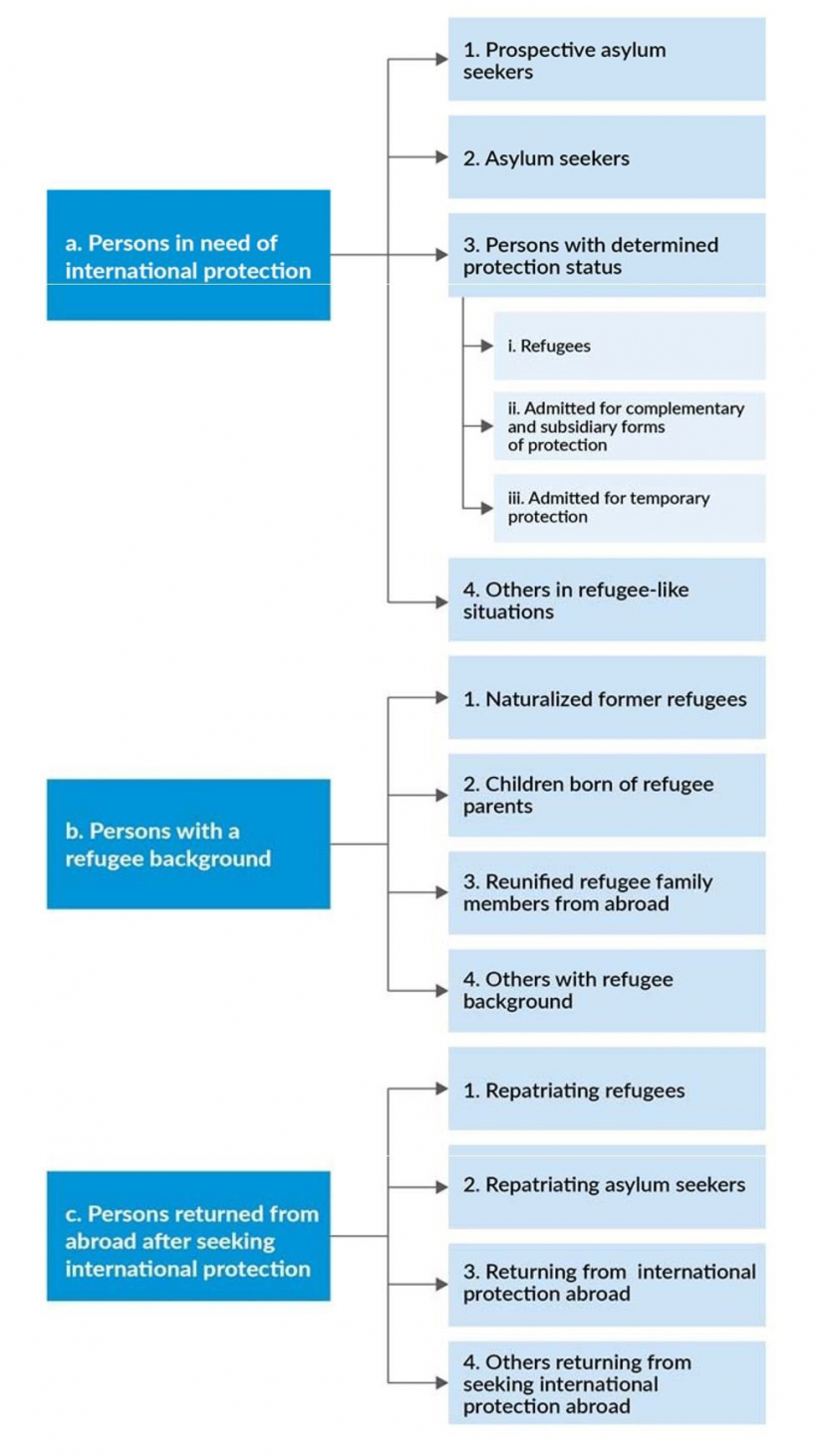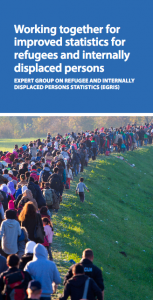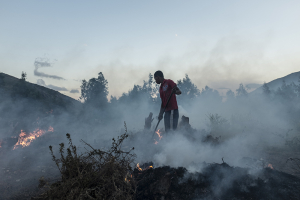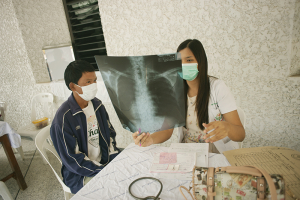But – until recently – no globally recognized standards for official statistics on forced displacement existed. The Global Compact on Refugees, adopted at the UN General Assembly on 17 December 2018, highlights the importance of including refugees within national data and statistical collection processes and to strengthen national data collection systems to do so. Statistical capacity varies widely between countries, and forcibly displaced populations are often not included in national censuses, household surveys or regular migration and population administrative systems.
The recent inclusion of an indicator on forcible displacement in the SDG indicator framework means that strengthening statistical capacity on forcibly displaced populations can now also be included as part of the wider work on strengthening reporting on the SDGs – a key component of ‘leave no one behind’.
Yet with the growing number of displaced people and the political attention accorded to them, the demands for data are ever increasing, highlighting the need for objective, reliable and robust statistics.
What is EGRIS
To bridge that gap, the Expert Group on Refugee and Internally Displaced Persons Statistics (EGRIS) was first established in order to facilitate better official statistics on refugees, asylum-seekers and internally displaced people (IDPs). EGRIS was established with a mandate from the UN Statistical Commission in 2016, first led by UNHCR, Eurostat, Statistics Norway and TurkStat, and currently consists of 45 representatives of national systems and 15 regional and international organizations.
Introducing recommendations...
The Group’s first results were the International Recommendations on Refugee Statistics and the Technical Report on Statistics of IDPs. These were endorsed by the UN Statistical Commission in March 2018. Both documents are now available online. Since then, EGRIS has been working on International Recommendations on IDP Statistics, which will be submitted to the UN Statistical Commission for its upcoming session in March 2020.
Both the refugee and the IDP recommendations help countries and international organizations to harmonize and improve the overall quality of statistics on forcibly displaced populations. They both broadly cover recommendations on:
- Legal framework and definitions;
- Defining displaced and related populations for the purpose of statistical measurement;
- Measuring the number of displaced people and the different potential data sources available;
- Indicators for measuring characteristics and needs of displaced populations; and
- Coordination and strengthening statistical systems on forced displacement.
The statistical framework for refugee and asylum statistics
Putting recommendations into practice
While the recommendations are a significant achievement, the Group recognized that it is crucial that they are translated into practice. The members of EGRIS are working on a Compilers’ Manual for use by those compiling official statistics on refugees and IDPs. This manual is a practical guide for the concrete implementation of the recommendations which is structured around the eight phases of the Generic Statistical Business Process Model with the addition of a ninth phase on coordination.
The Manual includes:
- links/references to existing guidance,
- case studies from EGRIS member states,
- best practices,
- new practices recommended by EGRIS, and
- links to tools, relevant questionnaires, focus group guides, sampling guides, and tabulations.
The Compilers’ Manual is a living document and will be added to as a wider package for operationalizing the recommendations over the coming years, including developing e-learning modules and a dedicated website for guidance on forced displacement statistics production linked to EGRIS.
The way forward
The EGRIS recommendations and the Compilers’ Manual package form the backbone of a wider initiative on capacity strengthening of national systems for statistics on forced displacement.
EGRIS and other stakeholders are developing workplans for strengthening statistical capacity, guided by the recommendations and the Compilers’ Manual. It has become apparent over the years from experience with statistical capacity strengthening that top-down, supply-driven, piecemeal approaches do not lead to the desired long-term outcomes. Strengthening national statistical capacity will sustainably improve evidence-informed policy making, planning and monitoring for forcibly displaced populations, both nationally and globally.
With forcibly displaced populations, which are often seen as outside national priorities and driven by requests from donors, a country-led, holistic and system-wide approach is planned, closely aligned with commitments from the Global Compact for Refugees and the principles laid out in the Cape Town Global Action Plan for Sustainable Development Data and in the earlier Busan and Marrakesh Action Plans for Statistics.
EGRIS has been a highly successful initiative, achieving far more than originally envisaged and generating a momentum and excitement around statistics on forced displacement.
The International Forum on Migration Statistics (IFMS) in January 2020 provides a valuable opportunity to further disseminate the recommendations and identify the optimal means of implementation with both data producers and data users at the national, regional and international levels. We look forward to presenting the work of EGRIS at a dedicated session at the IFMS and fruitful discussions on how to take this important work forward.
UNHCR has just begun a new partnership with the World Bank, the Joint Data Center, and one of their key objectives on strengthening national data systems aligns closely with the work of EGRIS. Together with new developments around the Global Compact on Refugees and the SDG indicator framework, there is much happening on improving data and statistics in this field.
At UNHCR we hope that, together and working with national, regional and international partners, this will pave the way to improving the lives of forcibly displaced populations through better policy, programmes, advocacy and accountability.
This blog post is part of the International Forum on Migration Statistics (IFMS), series on the Global Migration Data Portal. The second IFMS, organized by IOM, OECD and DESA in Cairo on 19-21 January 2020, is expected to serve as a space for producers and consumers of migration-related data to share data, discuss data needs, identify data gaps and highlight needs for training and capacity-building. Find more information about the IFMS here.








